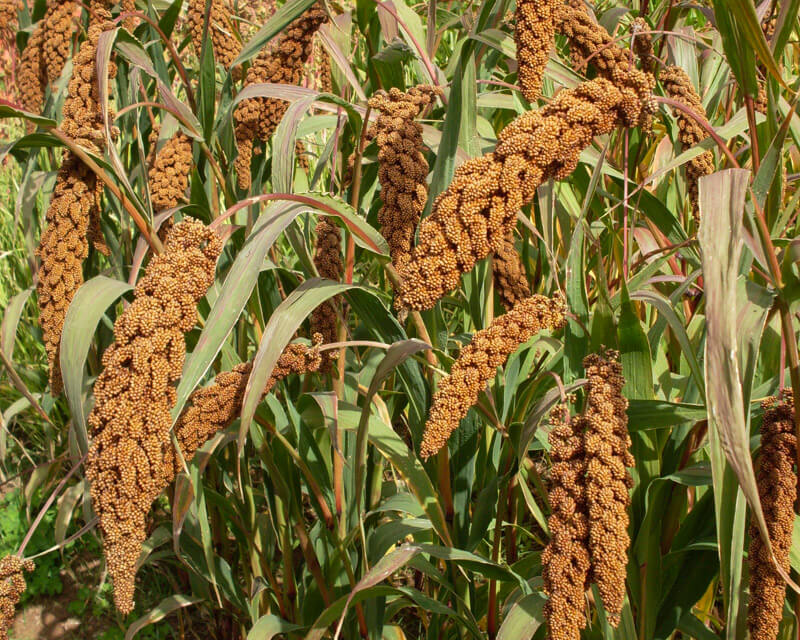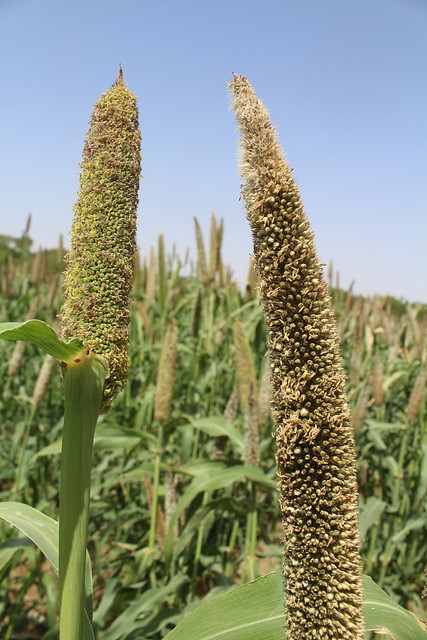
Scheduled for 16-17 April, 2019 in Bamako, the launch forms part of Afraican Development Bank’s plan to transform Sorghum and Millet in Burkina Faso, Mali, Niger, Nigeria, Senegal, Sudan and Chad through the TAAT programme.
Technologies for African Agricultural Transformation (TAAT) is a program initiated by the African Development Bank (AfDB) as part of its Feed Africa Initiative.
The main objective of the program is to improve the business of agriculture across Africa by raising agricultural productivity, mitigating risks and promoting diversification and processing in 18 agricultural value chains within eight Priority Intervention Areas (PIA) including Sorghum and Millet.
With sustainable intensification, improved profitability of sorghum and millet; and the scaling up of proven technologies, the TAAT sorghum an millet compact is expected to contribute to food and nutrition security in a region where low agricultural productivity and lack of value added are among the main causes of malnutrition, unemployment and poverty on the continent.
The agricultural sector accounts for between 50% and 70% of employment in African countries, but produces only 25% of Africa’s gross domestic product (GDP).
Yields of sorghum and millet, the main dominant food crops, are low due to insufficient access to improved varieties, fertilizers and other agricultural inputs, inappropriate farming practices, declining soil fertility, lack of marketing and extreme weather events.
Despite the research efforts that have led to the development of technologies to overcome these constraints, productivity remains low because they are not scaled up even though efforts have been made in this direction.
Through the TAAT sorghum and millet compact, the African Development Bank aspires to significantly increase agricultural productivity via the deployment of proven and high-performance technologies to millions of African farmers.
Implemented by the International Crop Research Institute for the Semi-Arid Tropics (ICRISAT) in collaboration with National Research and Extension Systems, the sorghum and millet compact targets about 40 to 50% of African farmers with technologies relevant to boosting agricultural productivity and self-sufficiency by 2025.
The two-day workshop in Bamako, Mali, brings together experts and stakeholders from key areas including research, extension, seed production, farmer and women groups, development partners, processing and agricultural input suppliers, civil society and the media.












